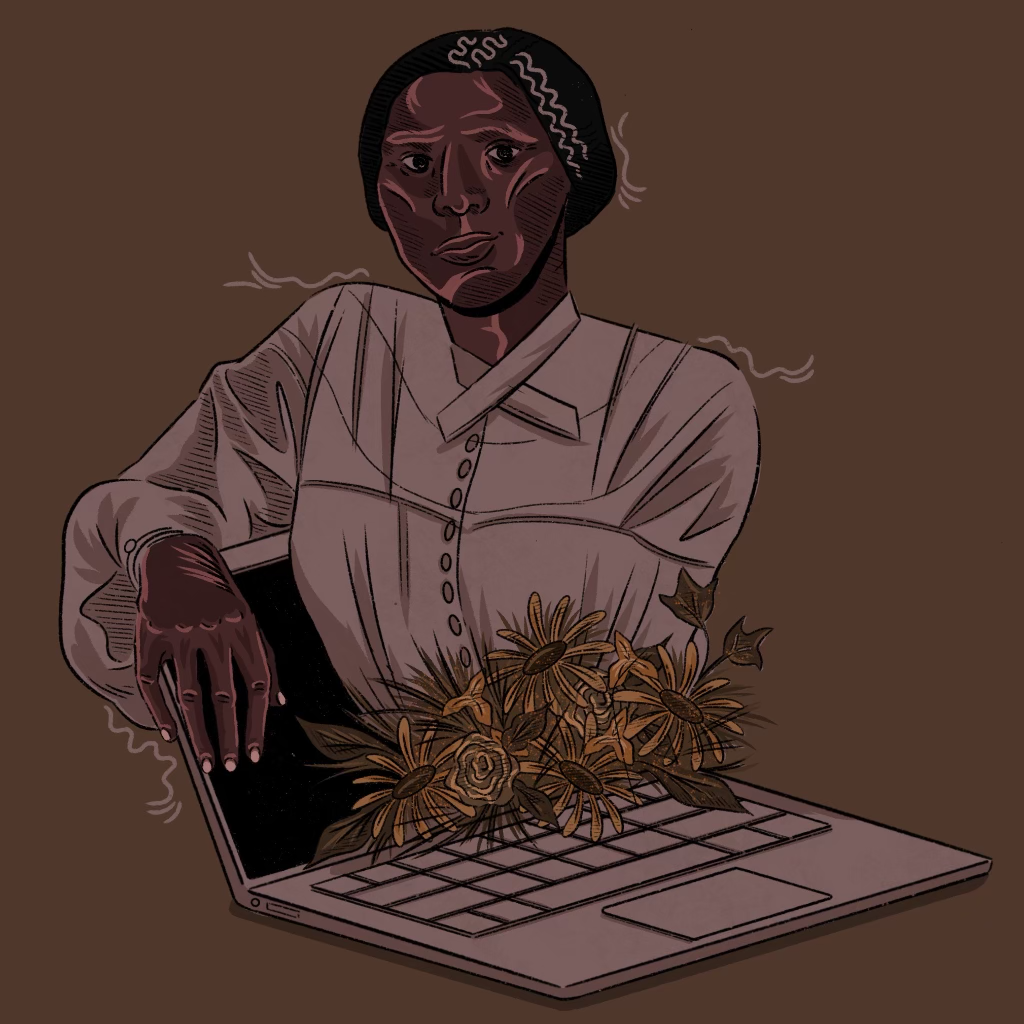Schools all across the country have implemented a new Advanced Placement (AP) course: African American Studies. It seeks to educate and engage students in conversations about historical events relating to Black communities in the U.S. Currently 60 high schools throughout the U.S. are piloting the curriculum. McDaniel High School, in the Portland Public Schools (PPS) district, is one of the 60 able to pilot the course. With piloting a course comes lots of work and feedback.
As of now, the class consists of four units: Origins of the African Diaspora; Freedom, Enslavement, and Resistance; The Practice of Freedom; and Movements and Debates. It’s structured to go through events in chronological order, trying to provide an overall understanding of Black history in the U.S. It also helps students develop skills to analyze sources and create effective arguments.
Students start the year off by learning about African kingdoms and empires as well as examining what life was like for African peoples prior to interactions with non-African nations. They then go on to learn about the slave trade and how Black people struggled for their freedom after the Civil War. In Unit Three they study social change through different forms of media. Topics in this unit span from the Reconstruction era all the way to Black women’s rights and leadership. Students end the year by looking at the present and future of Black communities, while discussing trends from the history they’ve studied. As this is a piloting year, there is not an AP exam for college credit at the end of the course like there is for most AP classes.
Because no college credit is available, it is safe to assume most of the students in the class are there for the pure reward of better knowledge and understanding. AP students have been known to take courses just for the credit, rather than fully immersing themselves into the topics at hand. When talking to Maurice Cowley, the teacher for the pilot course at McDaniel, he talks about how his students “are really driven by curiosity and desire to learn,” rather than wanting to take a class that looks good on college applications. Cowley shares that the course includes lots of reading which can be a little off-putting to students, however the discussions they are able to have from the texts are what make the class so engaging.
While working through the first year of the course, feedback from both students and teachers has been collected. A majority of the responses emphasize that there is so much material to cover in so little time. The curriculum is very rich and robust, and the topic at hand is quite broad. Teachers have been expressing the importance of finding areas to refine in order to highlight other moments that fully paint the picture from beginning to end.
“I feel like we are halfway through the year […] how are we going to get to the rest of this?” Cowely explains. He then goes on to say “it’s dense, and rightfully so because it’s a broader picture than just Black people were slaves and now Obama.” He believes it’s important to cover as much as possible while still allowing his students to explore the material and ask questions when they come up.
Lucy Gragg, a student in Cowley’s class, explains how she enjoys the way he structures their time together. “The course leaves room for many different perspectives and to many of the questions asked in our class there isn’t really a right or wrong answer.” She goes on to say that “the course gives students a chance to learn from the materials provided by AP, as well as from each other’s experiences and ideas.”
Although this is the first year of AP African American Studies, many hope to see it expanding in the future. On the other hand, Florida Governor Ron DeSantis believes that the course “lacks educational value.” Because of this, he put in effect a ban of the curriculum in the state of Florida, threatening to strip away crucial information from the course. There has been controversy around AP changing curriculum to allegedly appease DeSantis. The experience of Cowley’s students contradicts DeSantis’s claim that the course lacks value. Gragg also states that “as a student, I couldn’t disagree more.” Despite all of the controversy regarding DeSantis, College Board is still looking to move forward with the class. They hope to start stage two of the pilot program next school year, inviting a new cohort of schools into the process. In all hopes, the class will be widely available in 2024-2025. As of right now, no other PPS schools are set to include AP African American Studies into their curriculum; however, interest has been shown.


































